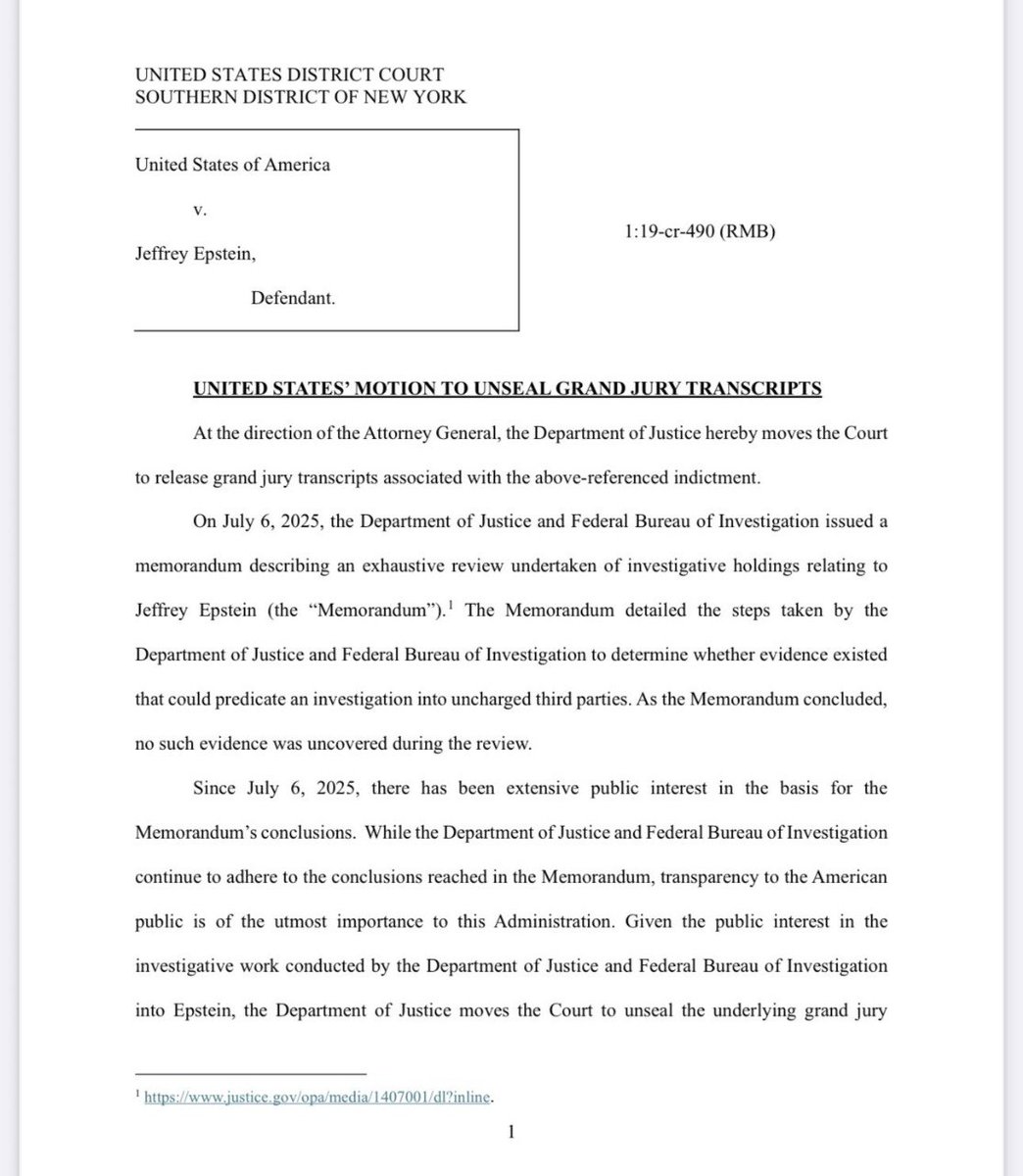🧵🇺🇸 MAINSTREAM MEDIA SKEWS TRUMP-ELON X SPACE COVERAGE, IGNORES RECORD-BREAKING SUCCESS
Major news outlets show clear bias in reporting the Trump-Elon X Space.
The numbers speak for themselves:
- 1.32+ million live listeners during the Space
- 77+ million impressions in just 3 hours
- Over 343,000 likes, 104,000 reposts, and 318,000 comments
Despite this unprecedented engagement, mainstream media focuses on technical issues, ignoring its massive success and impact on political discourse.
Major news outlets show clear bias in reporting the Trump-Elon X Space.
The numbers speak for themselves:
- 1.32+ million live listeners during the Space
- 77+ million impressions in just 3 hours
- Over 343,000 likes, 104,000 reposts, and 318,000 comments
Despite this unprecedented engagement, mainstream media focuses on technical issues, ignoring its massive success and impact on political discourse.
1. MSNBC: "At least he's consistent": Brian Tyler Cohen reacts to Elon Musk's glitchy X interview with Donald Trump"
Consistency in tech issues or in breaking audience records? MSNBC seems confused.
Consistency in tech issues or in breaking audience records? MSNBC seems confused.

2. AP: "Trump and Musk talk about assassination attempt and deportations during glitchy chat on X"
AP manages to ignore 1.3M listeners while fixating on temporary glitches. Stellar journalism.
AP manages to ignore 1.3M listeners while fixating on temporary glitches. Stellar journalism.

3. The Guardian: "US election live: Trump rehashes vitriol and falsehoods in rambling talk with Musk on X"
"Rambling talk" attracts more listeners than Guardian's yearly readership.
"Rambling talk" attracts more listeners than Guardian's yearly readership.

4. Bloomberg: "Musk Pitches White House Role in Glitchy Trump Conversation"
Bloomberg pitches bias in glitchy attempt at objective reporting.
Bloomberg pitches bias in glitchy attempt at objective reporting.

5. CNN: "At several points throughout Donald Trump's Monday interview with Elon Musk, the former president's speech sounded as if he had a lisp or was slurring his words, attracting attention online."
CNN obsesses over pronunciation while 1.3M listeners focus on content.
Perhaps it's CNN's journalistic standards that are slurring.
CNN obsesses over pronunciation while 1.3M listeners focus on content.
Perhaps it's CNN's journalistic standards that are slurring.

6. The Washington Post: "Live Election Updates: Trump Revisits His Talking Points in Delayed Online Talk With Musk"
WaPo revisits biased reporting in delayed attempt at relevance.
WaPo revisits biased reporting in delayed attempt at relevance.

7. New York Times: "Live Election Updates: Trump Revisits His Talking Points in Delayed Online Talk With Musk"
NYT calls familiar policy positions "talking points," ignores massive audience eager to hear them.
NYT calls familiar policy positions "talking points," ignores massive audience eager to hear them.

8. In closing...
Linda Yaccarino:
"Unscripted. Unfiltered. So Real. So good!"
X's CEO cuts through legacy media spin, highlighting what over 1M listeners already knew - this was groundbreaking, authentic political discourse.
Linda Yaccarino:
"Unscripted. Unfiltered. So Real. So good!"
X's CEO cuts through legacy media spin, highlighting what over 1M listeners already knew - this was groundbreaking, authentic political discourse.

• • •
Missing some Tweet in this thread? You can try to
force a refresh



























